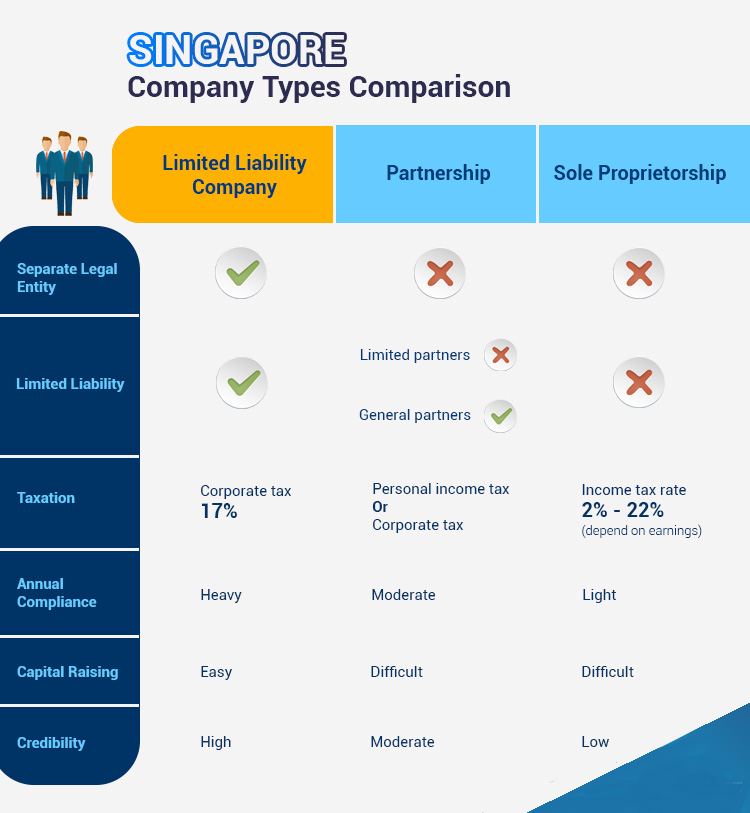The Government has not only been proactive in creating opportunities for partnerships between gaming companies, but also matches them with investors, venture capitalists and angels.IDA links up locally incorporated gaming companies with in-market incubators and mentors with extensive experience in the gaming business. It also allows them to participate in in-market accelerator programmes. By doing so, IDA helps gaming companies to understand their market better and obtain guidance on the technical infrastructure required for their gaming businesses.In addition, MDA also provides grants to gaming companies to develop ideas into game design under the Development Assistance and Production Assistance initiatives. When these gaming companies acquire the intellectual property (IP) rights for their game designs, they can also qualify for the Productivity & Innovation Credit (PIC) that is issued by the Inland Revenue Authority of Singapore (IRAS). The PIC allows gaming businesses to enjoy 400% tax deduction, 60% cash payout and a dollar-for-dollar matching cash bonus.As a result, Singapore has attracted over 60 gaming companies that are involved in the conception, publishing and servicing of games to its shores. According to the Economic Development Board (EDB), the incorporation of top-tier foreign gaming companies in Singapore include Germany’s Real U, Taiwan’s Softworld, Italy’s Rainbow S.p.A, and Japan’s Tecmo Koei.This has allowed the games industry in Singapore to contribute a value add of S$504 million to the economy and rake in a revenue of S$587 million in 2012, according to the Deloitte Interactive Digital Media Survey 2013.“As one of the fastest growing media sectors of the nation, the gaming industry of Singapore appears highly attractive to companies that are seeking to create, publish and distribute games content. The island nation is today Southeast Asia’s gaming nerve centre because on top of the Government’s support, it also has a world class talent base, excellent IT infrastructure, and a protective regime of IP rights”, said Mr. James Nuben, Head of Taxation at AsiaBiz Services.

